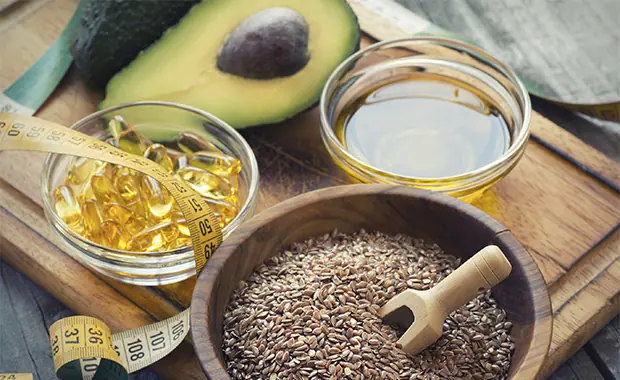
Remember when the "eat fat, get fat" mantra prevailed? Runners avoided fat like the plague. They ate poached fish, dry salads, and steamed vegetables in efforts to reduce the risk of getting fat — to say nothing of having a heart attack.
Unfortunately for many of these fat-avoiding runners, dieting went awry. Fat-free foods left them unsatisfied, with gnawing hunger and a relentless drive for fat-free frozen yogurt (fat-free = calorie free, right?) or (what the heck) a pint of Ben & Jerry's Chunky Monkey ice cream. They ended up gaining (not losing) weight.
Nutrition professionals learned a lesson: advising Americans to eat less fat led to the unintended consequences: of eating more sugar. A big mistake. Hence, the new 2015 Dietary Guidelines recommend we include health-promoting poly- and mono-unsaturated fats in our meals—but still limit the artery-clogging saturated fats from greasy meats and fatty junk foods.
Given that Time magazine reported butter is back and the Paleo diet embraces coconut oil (high in saturated fat), many runners are left wondering whom to believe. Can we really eat foods rich in saturated fats without hurting our health?
Is Coconut Oil Better than Olive Oil?
All fats contain a variety of mono-unsaturated, poly-unsaturated and saturated fats in varied proportions. The harder the fat —butter, beef lard—the more saturated it is. The softer/more liquid the fat (avocado, olive oil) the better it is for your health.
Coconut "oil" (called an oil because it is from a plant, but it is solid at room temperature) has some "good" fats, but it also has some "bad" fats. To date, research on the health risks or benefits associated with long-term intake of coconut oil is sparse. Hence, you want to ask yourself, "Why would I want to trade extra-virgin olive oil (known to be health-promoting) with coconut oil (with questionable health claims)?"



